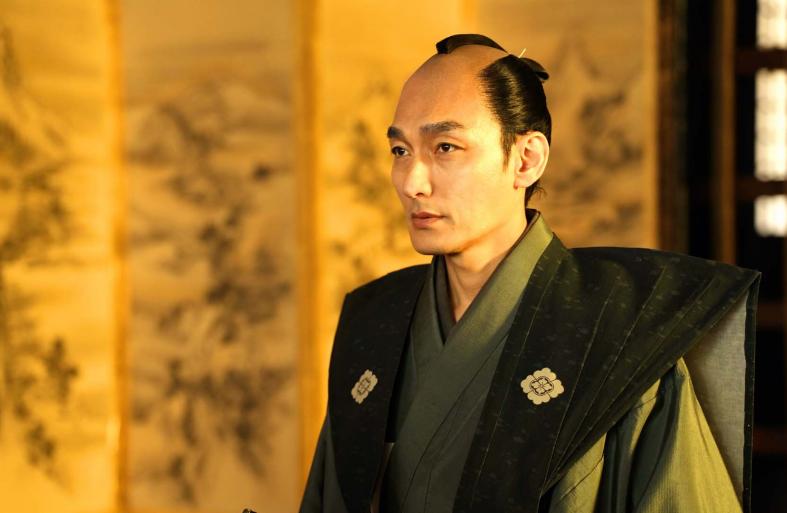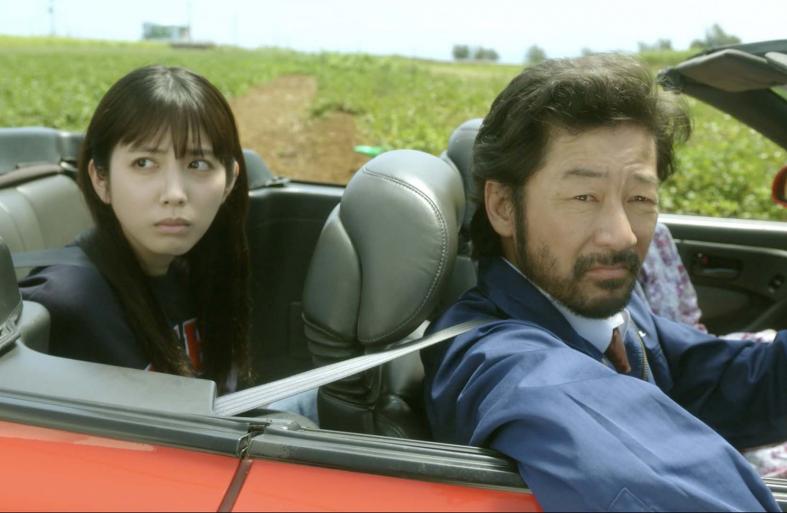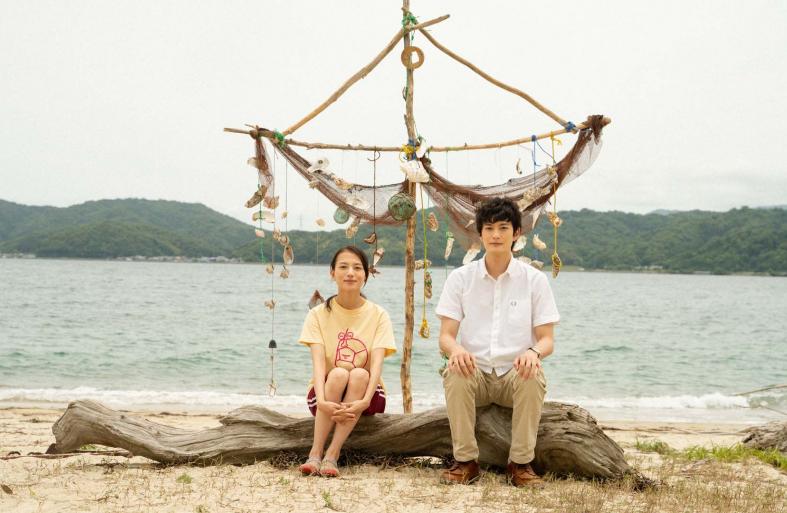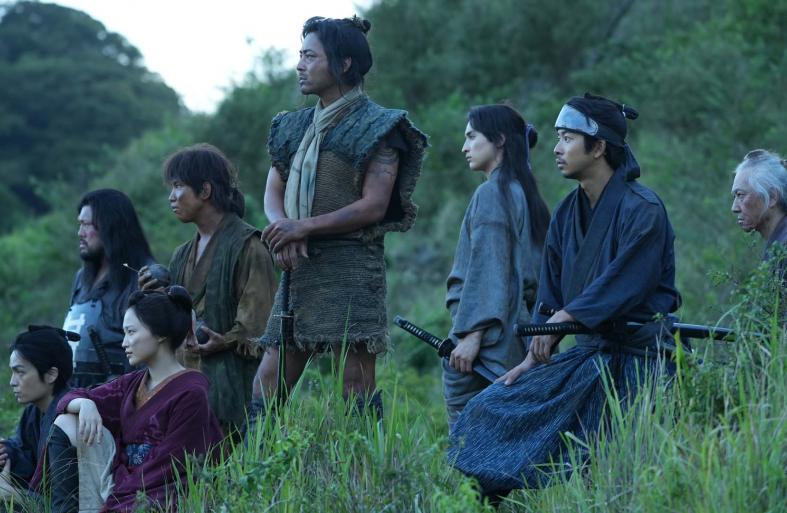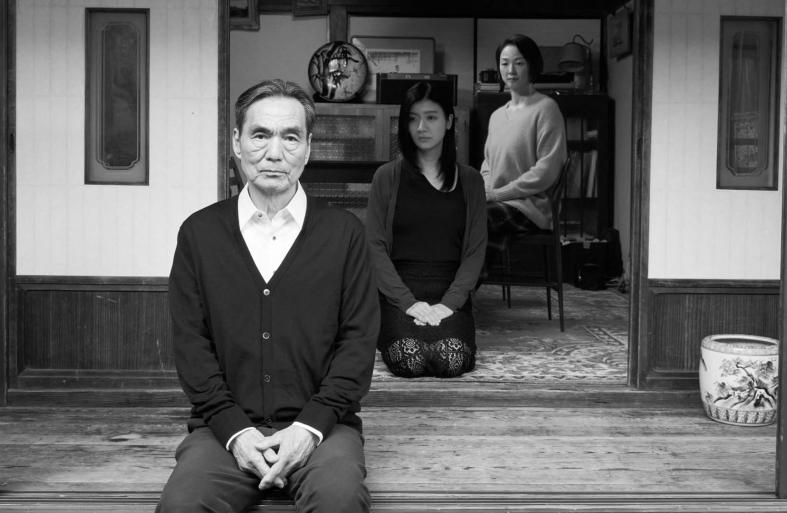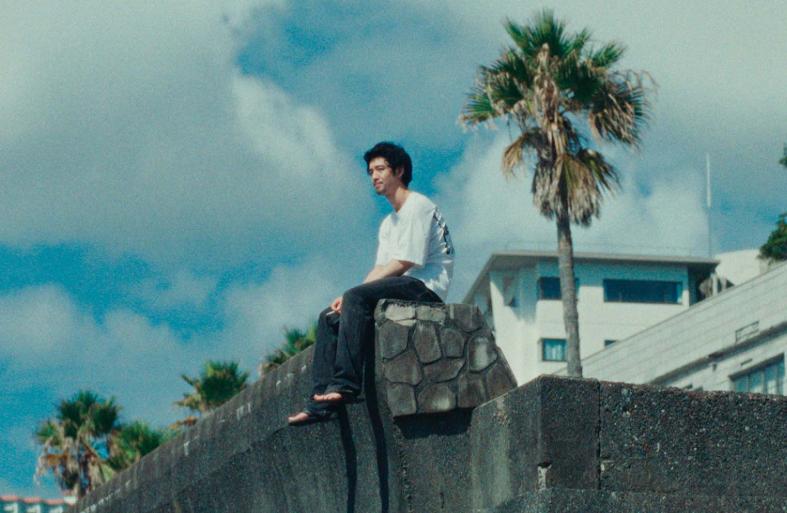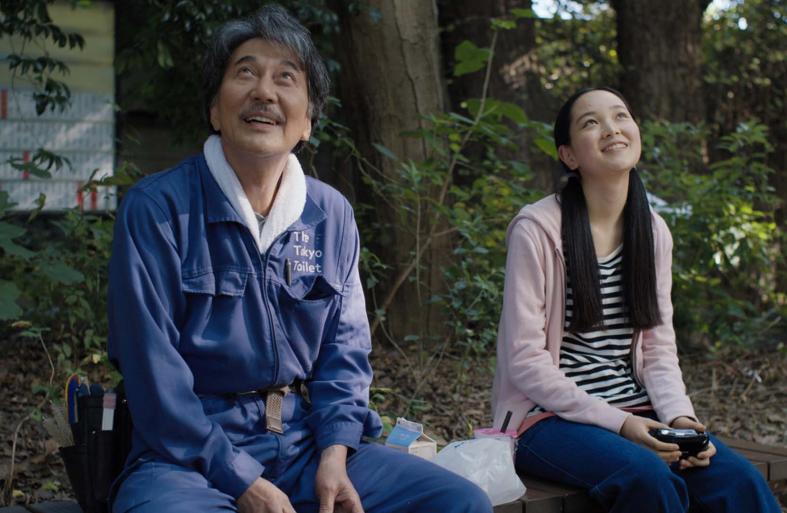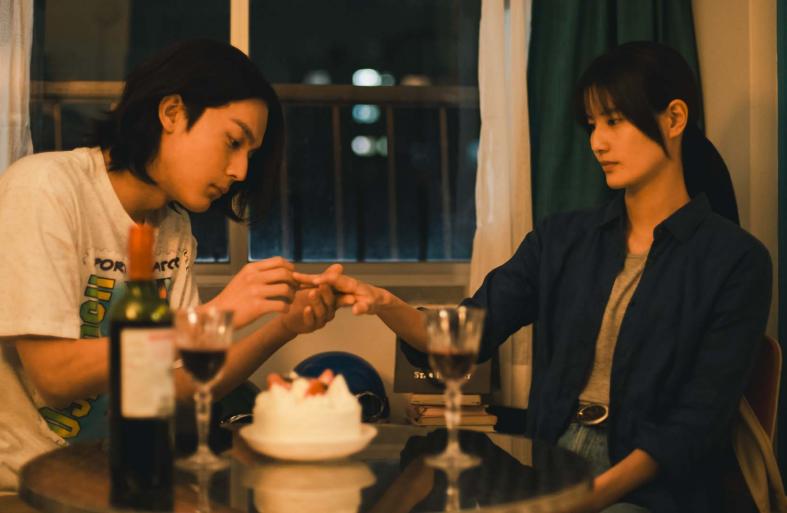Roger Ebert once observed that “Japanese cinema deals with subtleties and does so quietly, so that the smallest gesture can carry deep meaning.” This insight beautifully captures the essence of Japanese films, where even the smallest moments are imbued with profound significance. Whether in dramas, family films, action flicks, or comedies, this characteristic of subtlety runs throughout, making Japanese cinema a unique experience. One of its central themes is the exploration of human loss and the complex ways we confront death. However, this does not mean that Japanese films are predominantly tragic. While grief is often central, these films also offer hope, humor, and moments of lightness alongside the sorrow.
In times of collective and personal loss, particularly in a post-crisis world, Japanese cinema provides a refreshing cultural perspective that can offer alternative ways of dealing with mourning. While Western cultures often follow rigid social formulas when it comes to grieving, Japanese films offer a more fluid, multifaceted view of life after loss. They suggest that there is no singular "correct" way to cope with death or separation, and this openness can be both comforting and thought-provoking.
Take, for example, Worlds Apart, which follows a vibrant teenager who loses her parents in a car accident and is sent to live with her estranged, introverted aunt. The film explores their tentative relationship and the teenager’s quiet journey through grief, illustrating how recovery is often a subtle, ongoing process. Similarly, in Sunset, Sunrise, a young woman living in a small town ravaged by a tsunami grapples with the lingering effects of the disaster a decade later. The film shows how she attempts to rebuild her life, balancing the weight of past trauma with a hopeful outlook for the future.
In Kanasando, a woman returns to her father’s bedside in his final days, seeking reconciliation after years of estrangement due to her absence when her mother fell ill. The emotional complexities of forgiveness, regret, and family are laid bare in this delicate drama. In Super Happy Forever, a man grieving the death of his wife attempts to recreate the first vacation they ever shared—a poignant attempt to preserve their memory and keep her spirit alive, even if only in fleeting moments.
These films, each in their own way, show that coping with loss in Japan can take many forms. In some, we see the healing process unfold through quiet, personal reflection; in others, the search for meaning is interwoven with humor, and even joy, showing that healing doesn’t mean forgetting—it means integrating loss into a new chapter of life.
Japanese cinema also touches on broader social issues, with films like Rei and Living in Two Worlds addressing societal isolation and the struggles of those with disabilities. Rei focuses on two women—one dealing with the challenges of autism, the other in a relationship with a deaf photographer who suffers from panic attacks. The film explores how they navigate their personal lives amidst their struggles, and the quiet resilience they find in each other. In Living in Two Worlds, the son of two deaf parents finds himself in the challenging role of mediator between his family and the outside world, revealing how personal identity and familial responsibility can collide in complex ways.
In All the Long Nights, the relationship between two colleagues—each struggling with a disorder that affects their daily functioning—provides a sensitive portrayal of human connection, showing that even in the face of personal limitations, the human need for companionship and understanding is universal.
At the same time, Japanese cinema is deeply rooted in its cultural and historical heritage, offering films that span a wide range of genres. For example, 11 Rebels, an epic from the Tokyo Film Festival, tells the story of 11 criminals who are recruited to defend a fortress against an imperial army during the 19th century. The film explores themes of loyalty, honor, and resistance, underscoring the strength of individual and collective will in the face of oppression. Similarly, Bushido presents a samurai whose main hobby is playing the strategic board game Go—an exploration of the intersection of discipline, philosophy, and leisure.
Teki Cometh, a recent festival winner, is a genre-defying film that follows a retired professor as he deals with life alone, while a vague and ominous threat looms over Japan. This psychological thriller blends suspense with deep existential themes, illustrating the fragility of human life and the constant threat of uncertainty.
Whether in historical sagas, radical comedies, or sensitive family dramas, Japanese cinema maintains a unique connection to the island nation’s culture. The same cultural codes that govern Japanese cuisine, architecture, and social rituals also shape its films, offering viewers an opportunity to engage with a worldview that can feel markedly different from those found in the West or the Middle East.
In conclusion, Japanese cinema offers a rich and varied exploration of human existence, delving into themes of grief, loss, and personal growth with a subtlety and grace that is uniquely its own. These films challenge us to reconsider how we cope with sorrow, navigate societal expectations, and ultimately find meaning in life after loss. Whether in a quiet family drama or a historical epic, Japanese filmmakers invite us to look beyond the surface and discover the deeper emotional currents that run through all of us.



